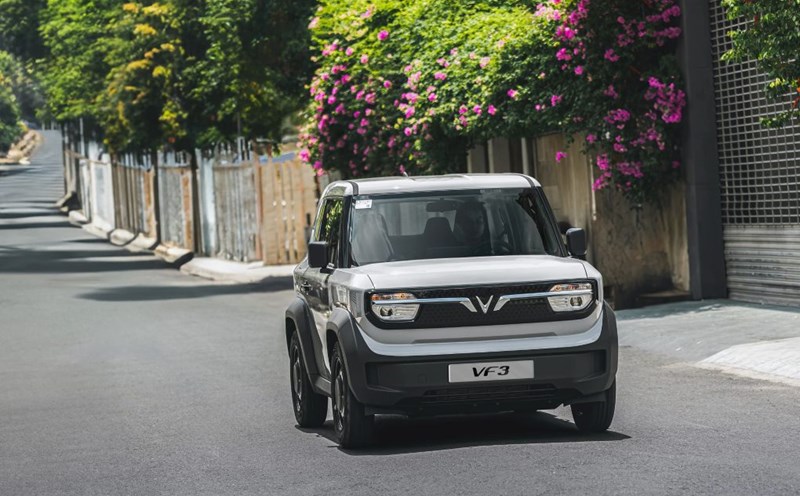Dr. Nguyen Si Dung, former Deputy Head of the National Assembly Office, said that in order to protect the environment, switching to green vehicles is everyone's responsibility. First of all, the government needs an urgent solution to deal with the problem.
For example, in Beijing (China), to get people to switch to electric vehicles, they have a series of policies such as free parking for electric vehicles, in which gasoline vehicles will not have parking space. Next is subsidies when buying electric vehicles, imposing very high circulation fees for gasoline... These policies are very necessary for green transition.
“If the above policies are necessary for China 1, then they are necessary for Hanoi 10. Because Beijing was once considered the most polluted city in the world, but now they are one of the cities with a clean environment. They are determined and have done it. Obviously, we also need to be determined, to propose a series of policy solutions to make a green transition to lifestyle,” Dr. Nguyen Si Dung emphasized.
Regarding the application of support policies in Vietnam, Dr. Nguyen Si Dung said that some policies should be applied immediately such as exempting registration fees and many other fees for electric vehicles, which we can completely do. In Hanoi, the city can prioritize parking for electric vehicles, reduce parking fees, etc.
Dr. Hoang Duong Tung - Chairman of the Vietnam Clean Air Network said that for each citizen, joining hands can start from daily activities such as prioritizing the choice of green means of transport, such as buses, electric motorbikes, electric cars, etc.
From a management perspective, Vietnam needs to consider policies to encourage people to switch to electric vehicles that have been successfully applied by other countries, such as: financial support for people to switch to electric vehicles, exemption of registration fees for electric vehicles, creating favorable conditions for land to build charging stations, etc.
Another solution that the world has implemented effectively is the Zero LEV Credit Policy. This is an important tool in the strategy to reduce greenhouse gas emissions and promote the transition to sustainable transport.
The scheme is designed to provide a financial incentive for automakers to increase production of zero-emission vehicles to help them meet stringent market criteria. Each zero-emission or low-emission vehicle sold earns the manufacturer a number of ZLEV credits.
This policy is currently widely applied in many countries, with the effect of encouraging automakers to develop and produce zero-emission vehicles, while minimizing the impact of traffic on the environment and public health.
According to current regulations (if there are no changes), on March 1, 2025, battery-powered electric cars will no longer be exempt from registration fees.
Point c, Clause 5, Article 8 of Decree 10/2022/ND-CP stipulates the registration fee for battery-powered electric cars as follows:
Within 3 years from the effective date of Decree 10/2022/ND-CP (from March 1, 2022): pay the first registration fee at a rate of 0%.
Within the next 2 years: Pay the first registration fee at a rate equal to 50% of the fee for gasoline and diesel cars with the same number of seats.
Thus, according to this regulation, starting from March 1, 2025, battery-powered electric cars registered for the first time in Vietnam will no longer enjoy the 0% registration fee as before, but must pay a fee equal to 50% of the fee for gasoline and diesel cars with the same number of seats.
Many experts believe that not exempting registration fees for electric cars will significantly affect the green car conversion trend that Vietnam is trying to implement.







